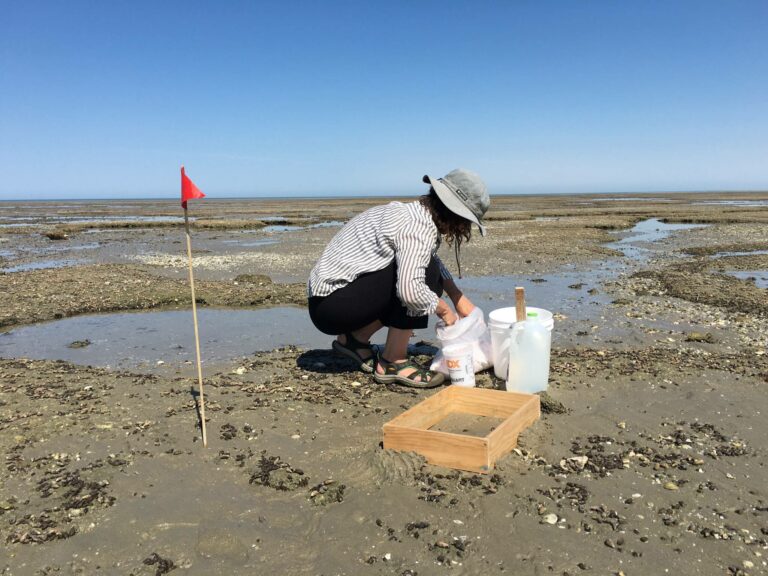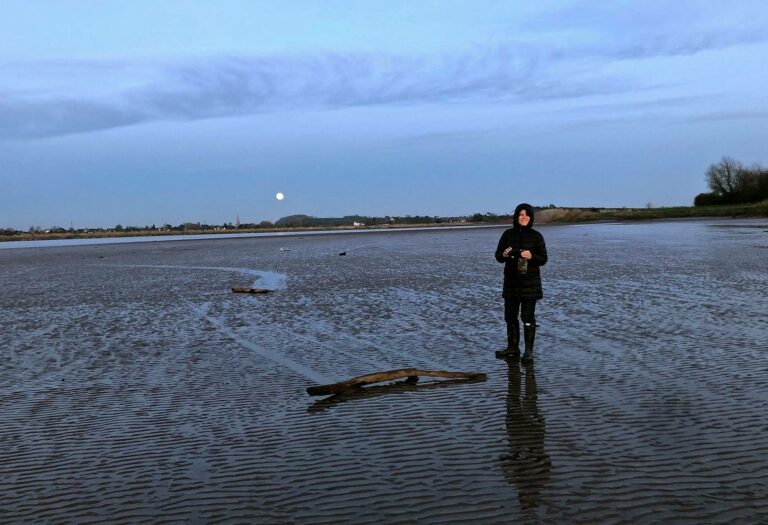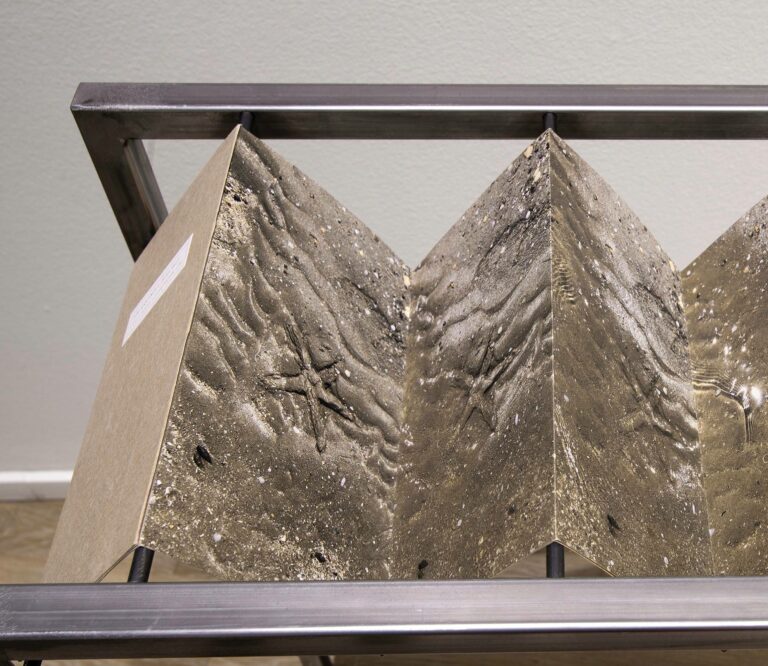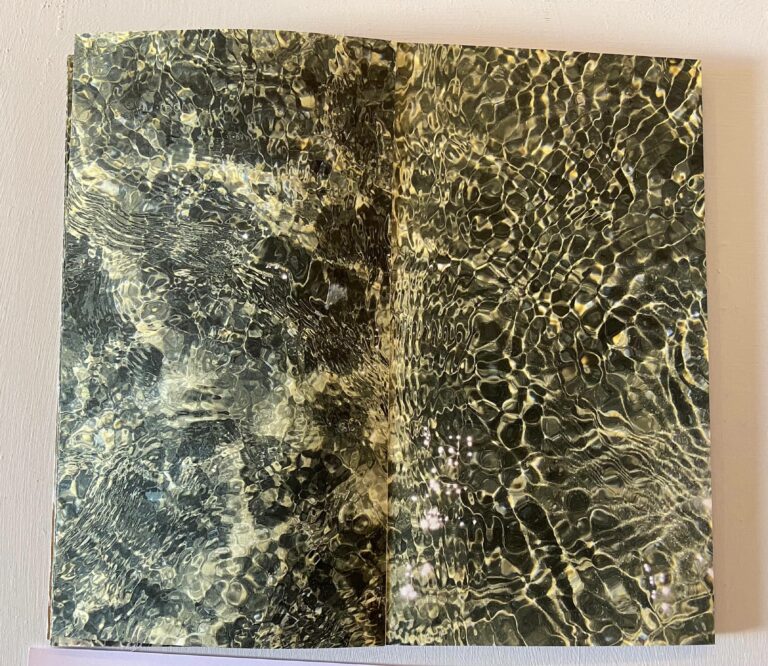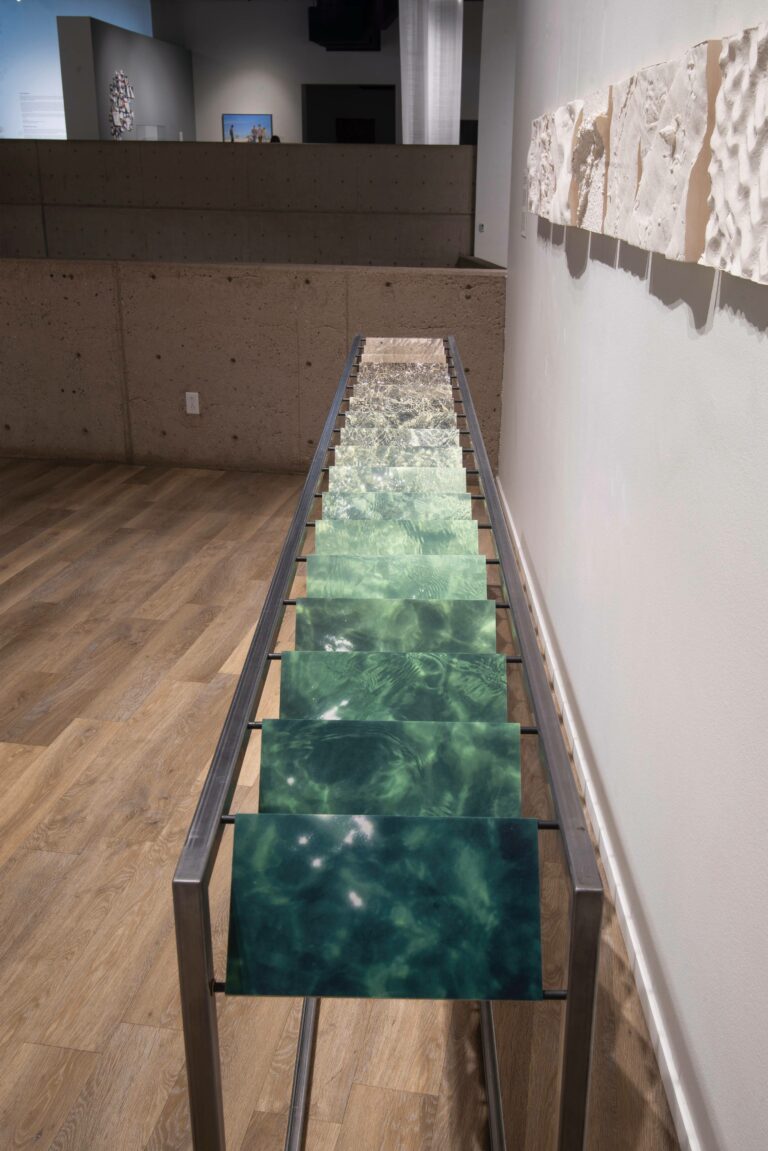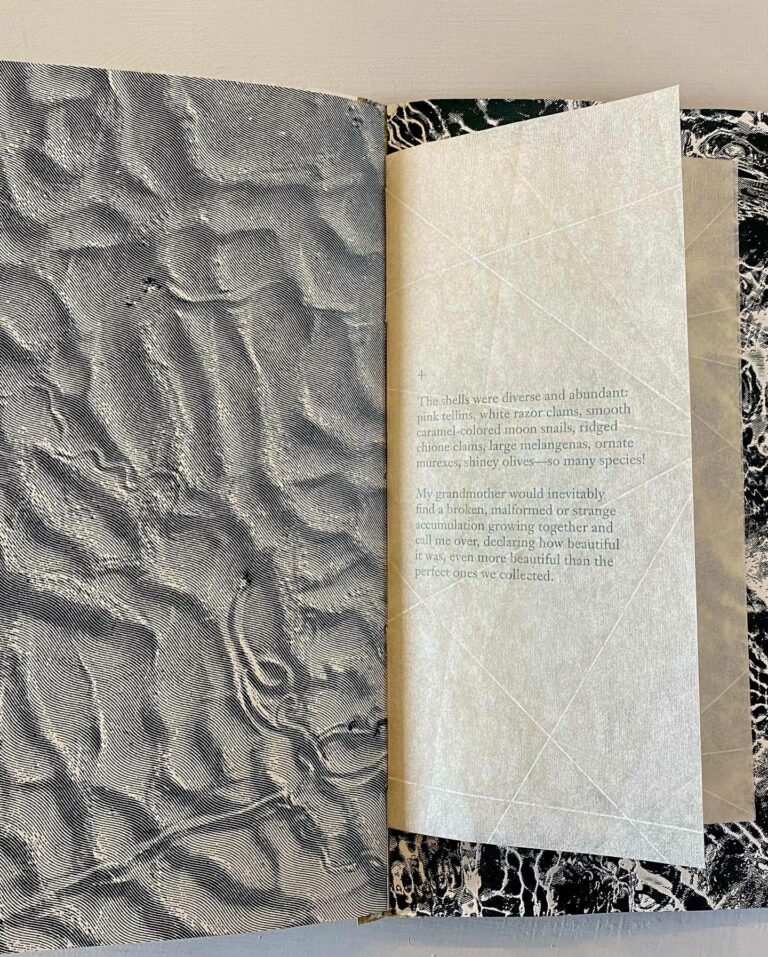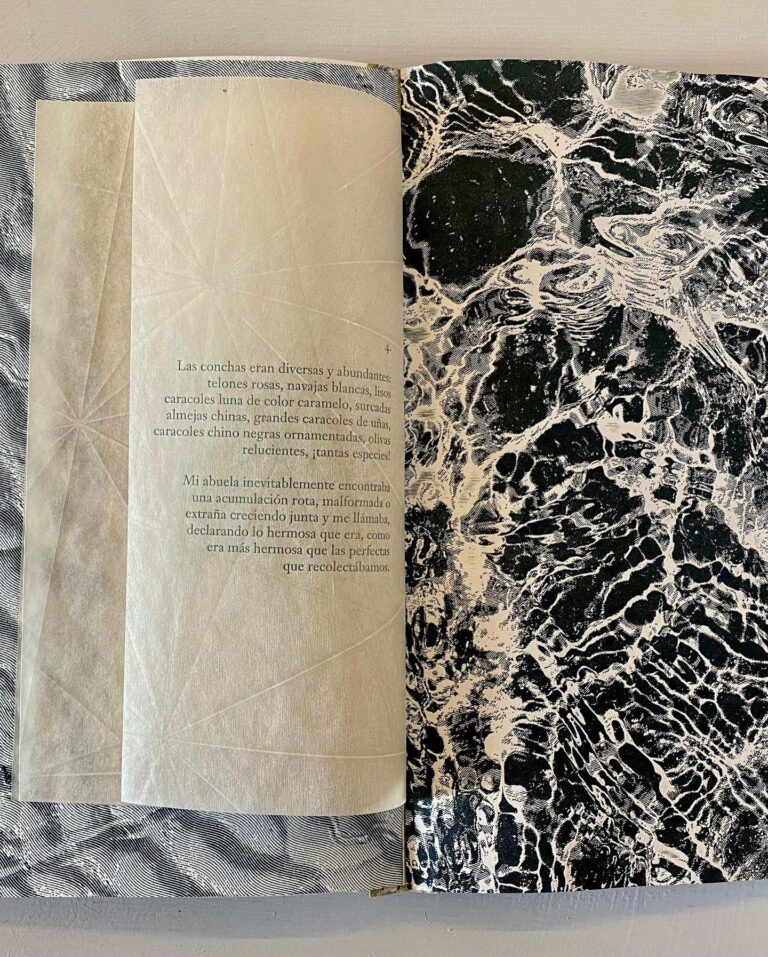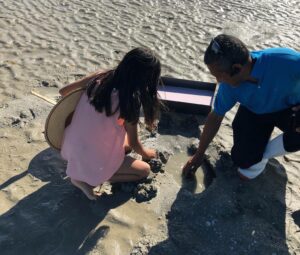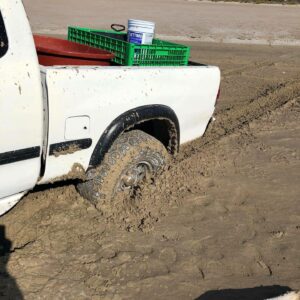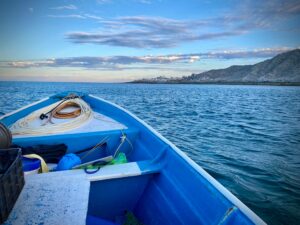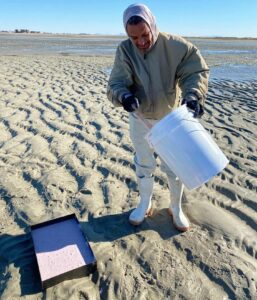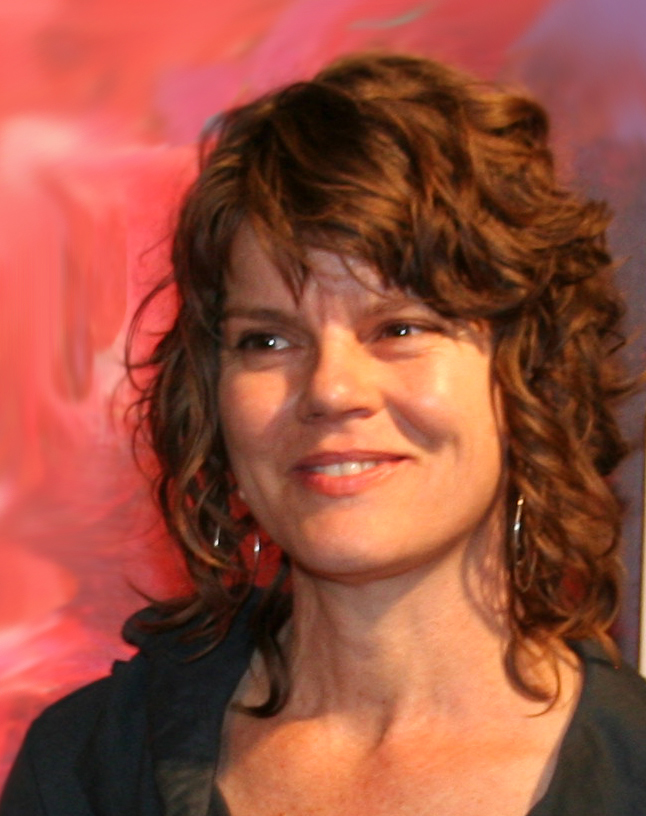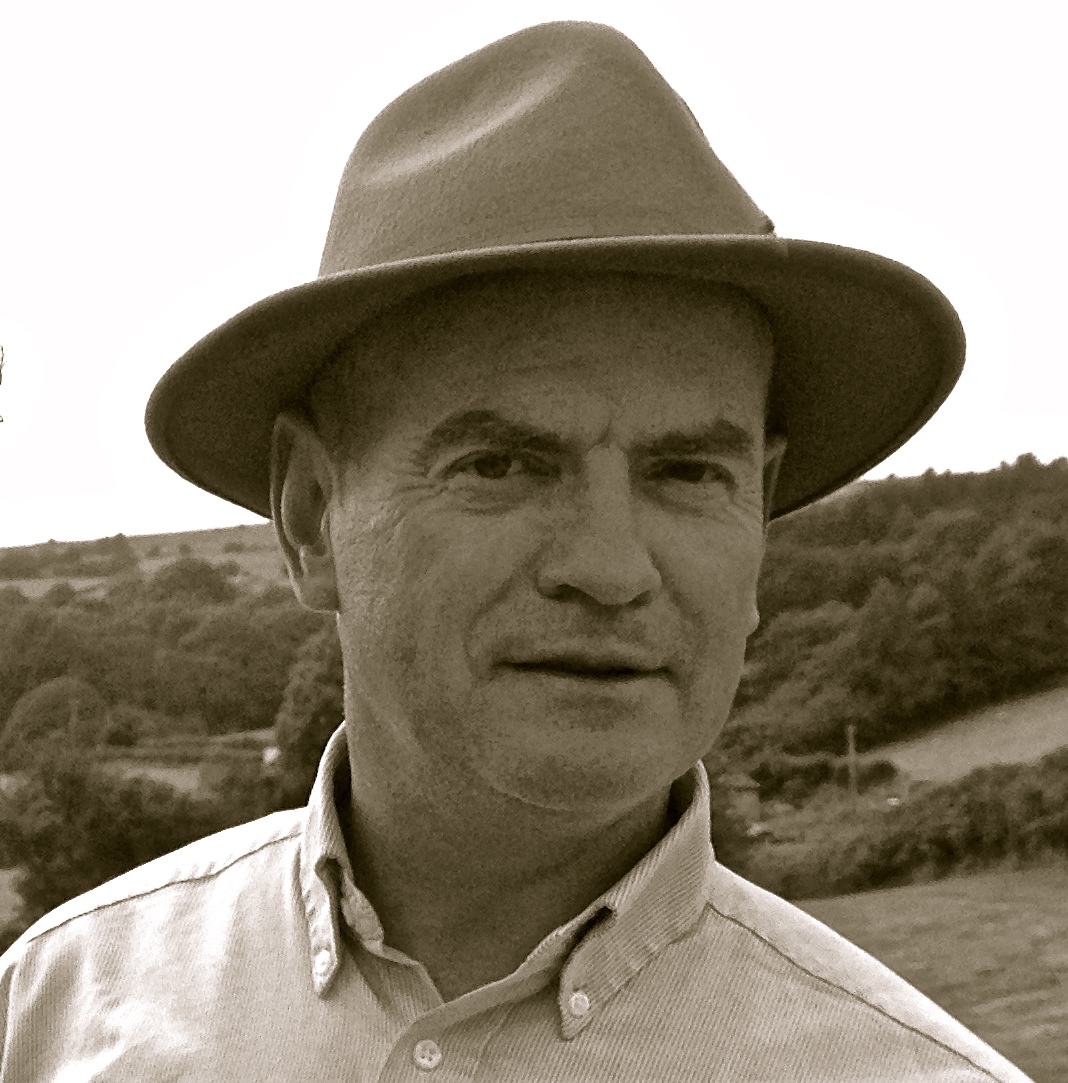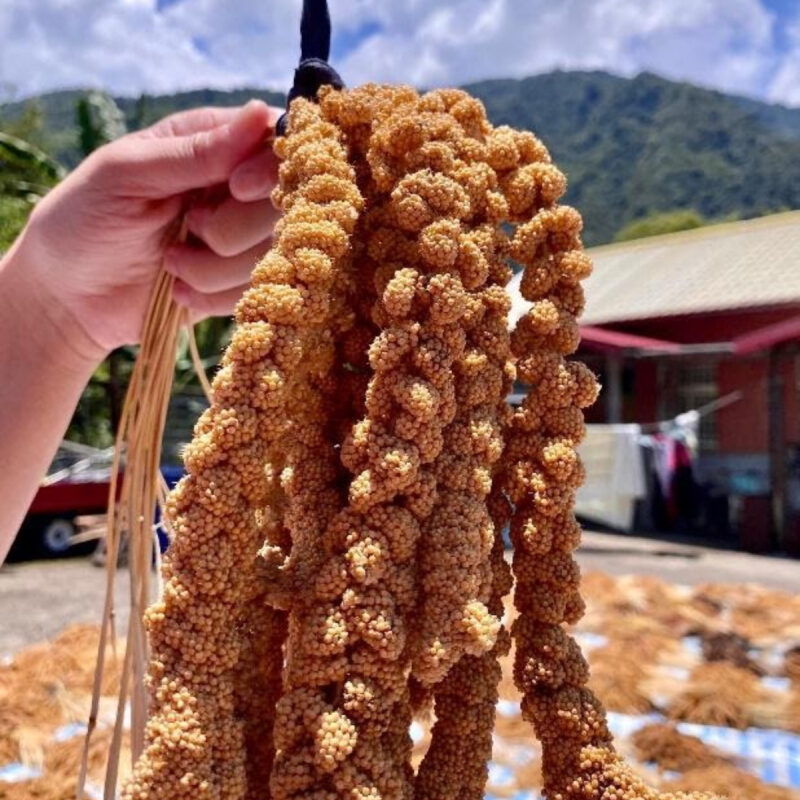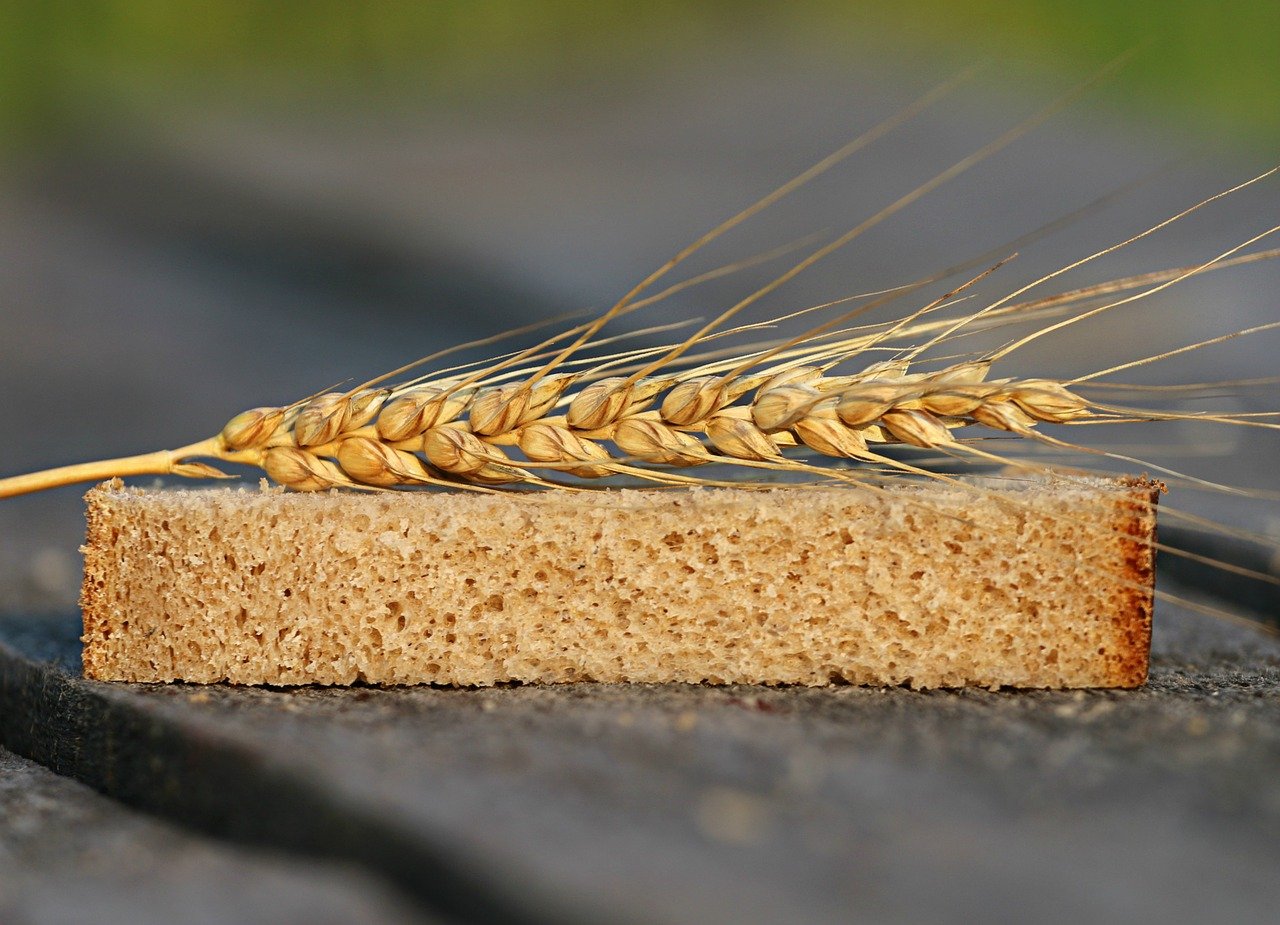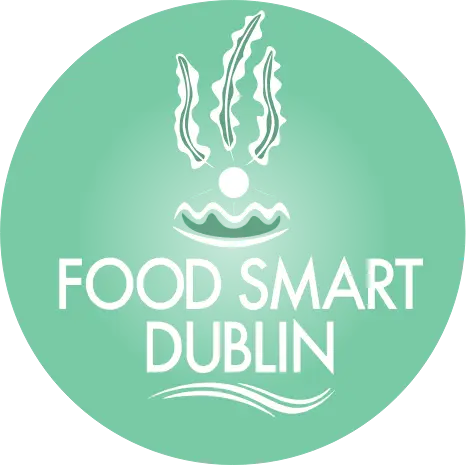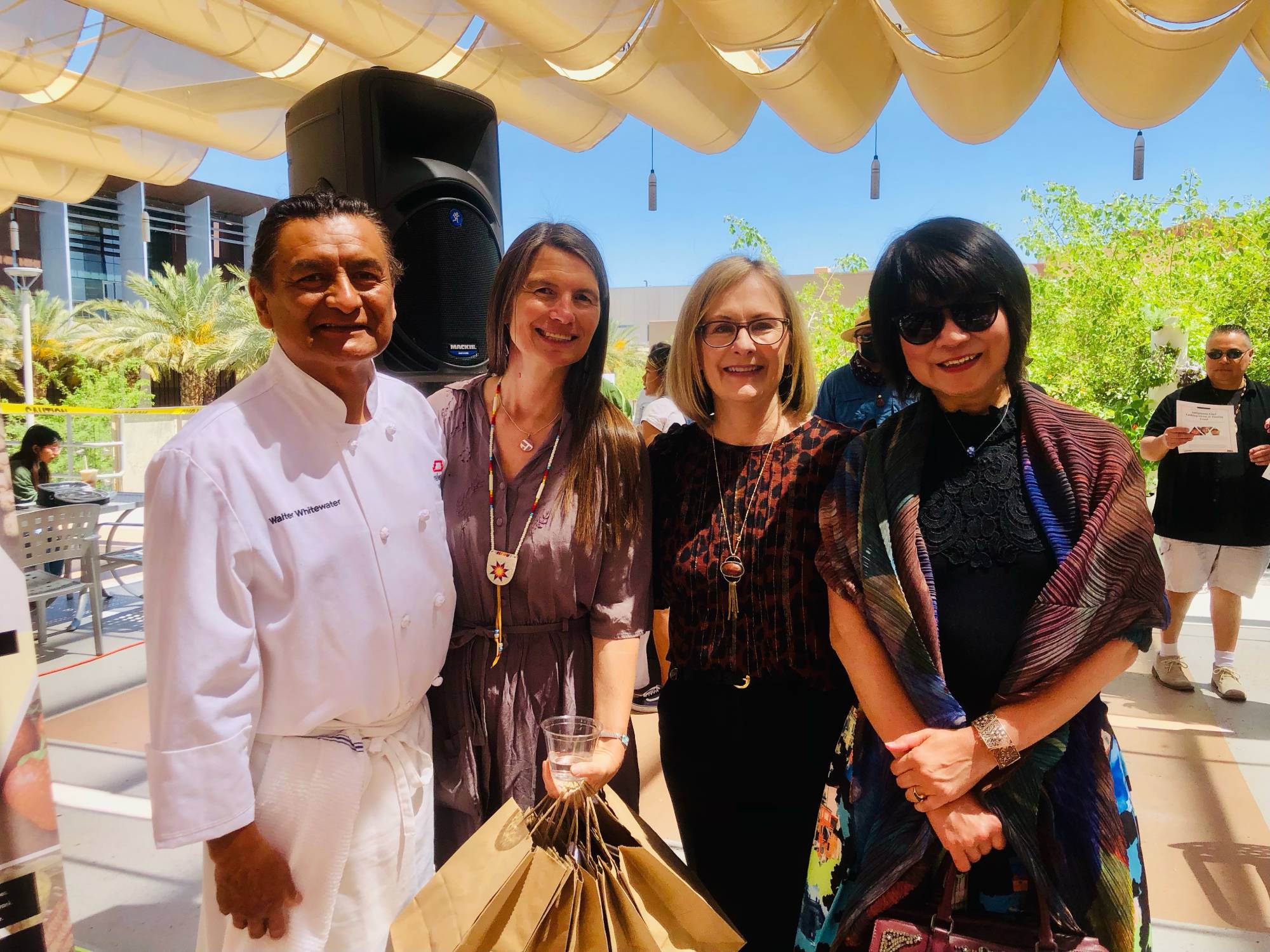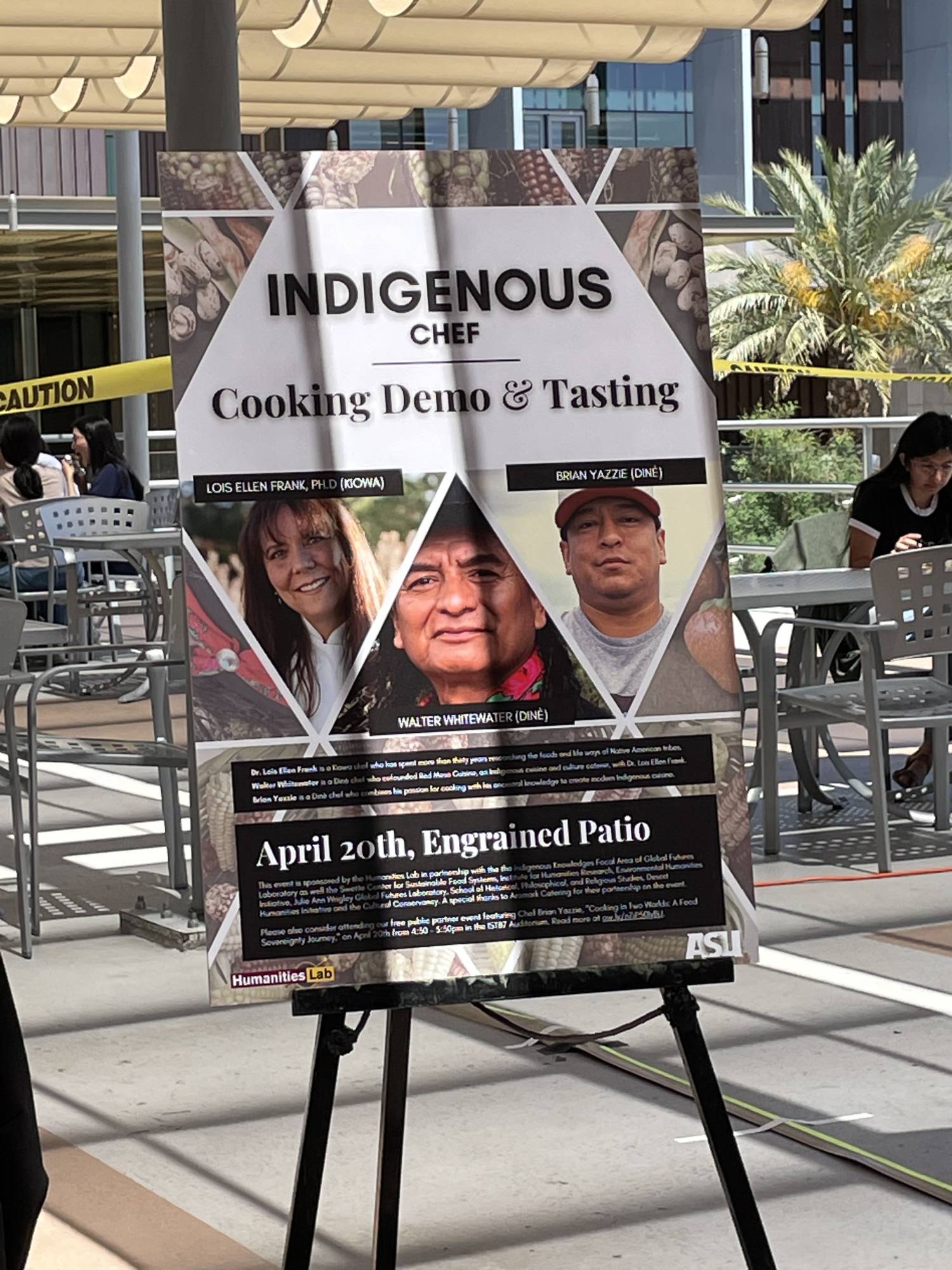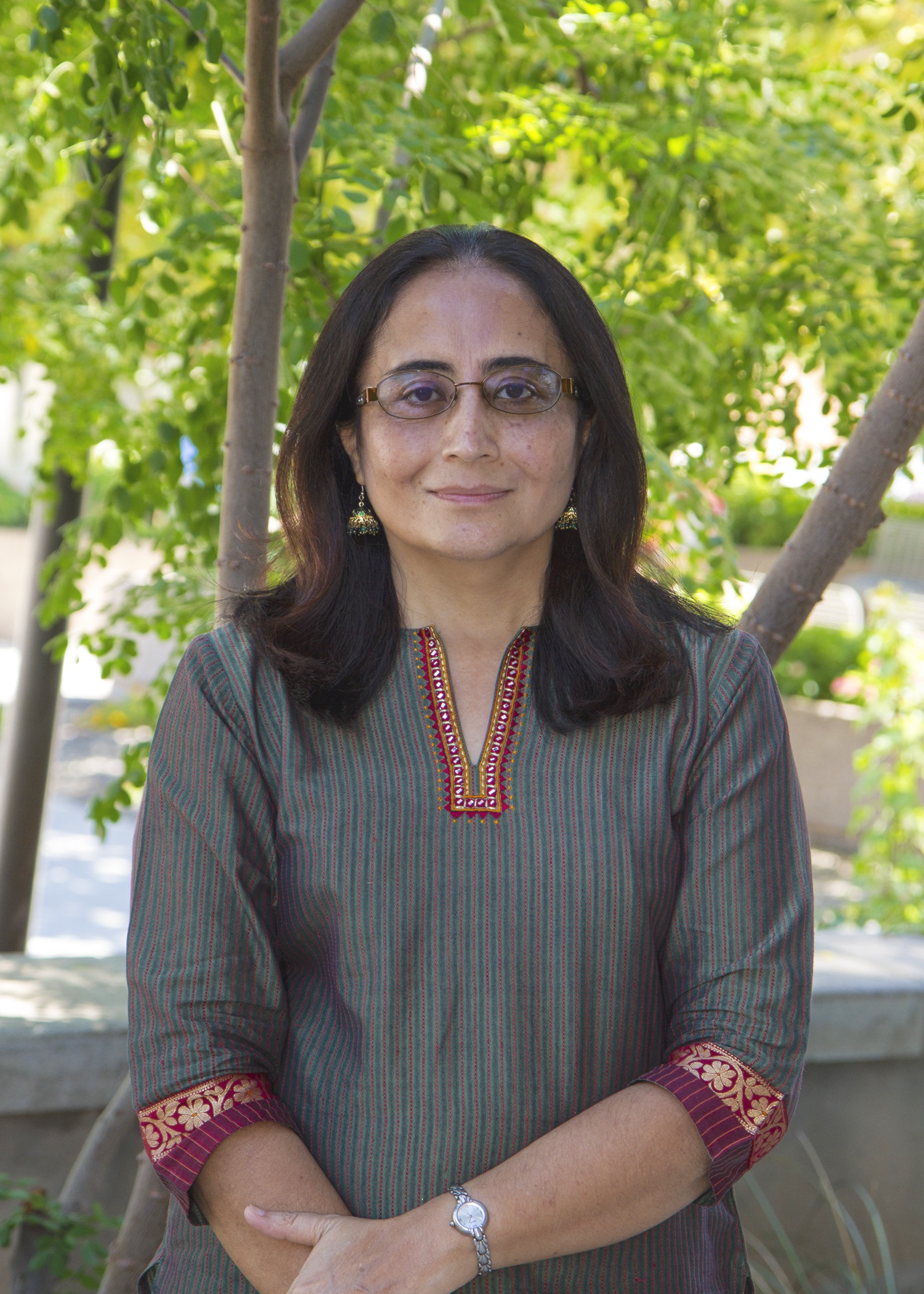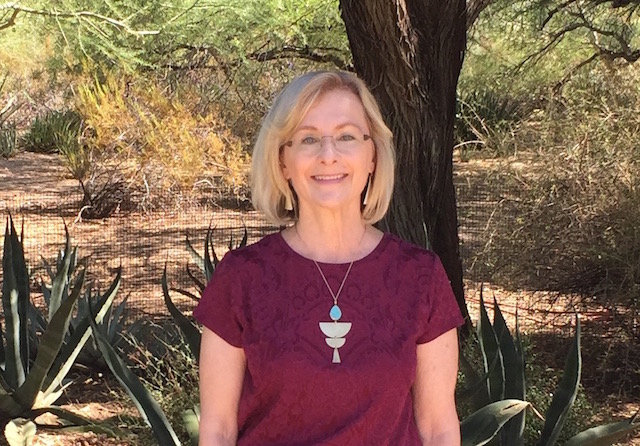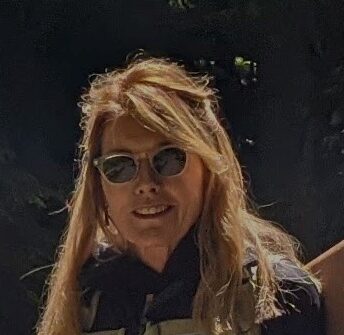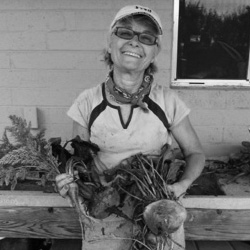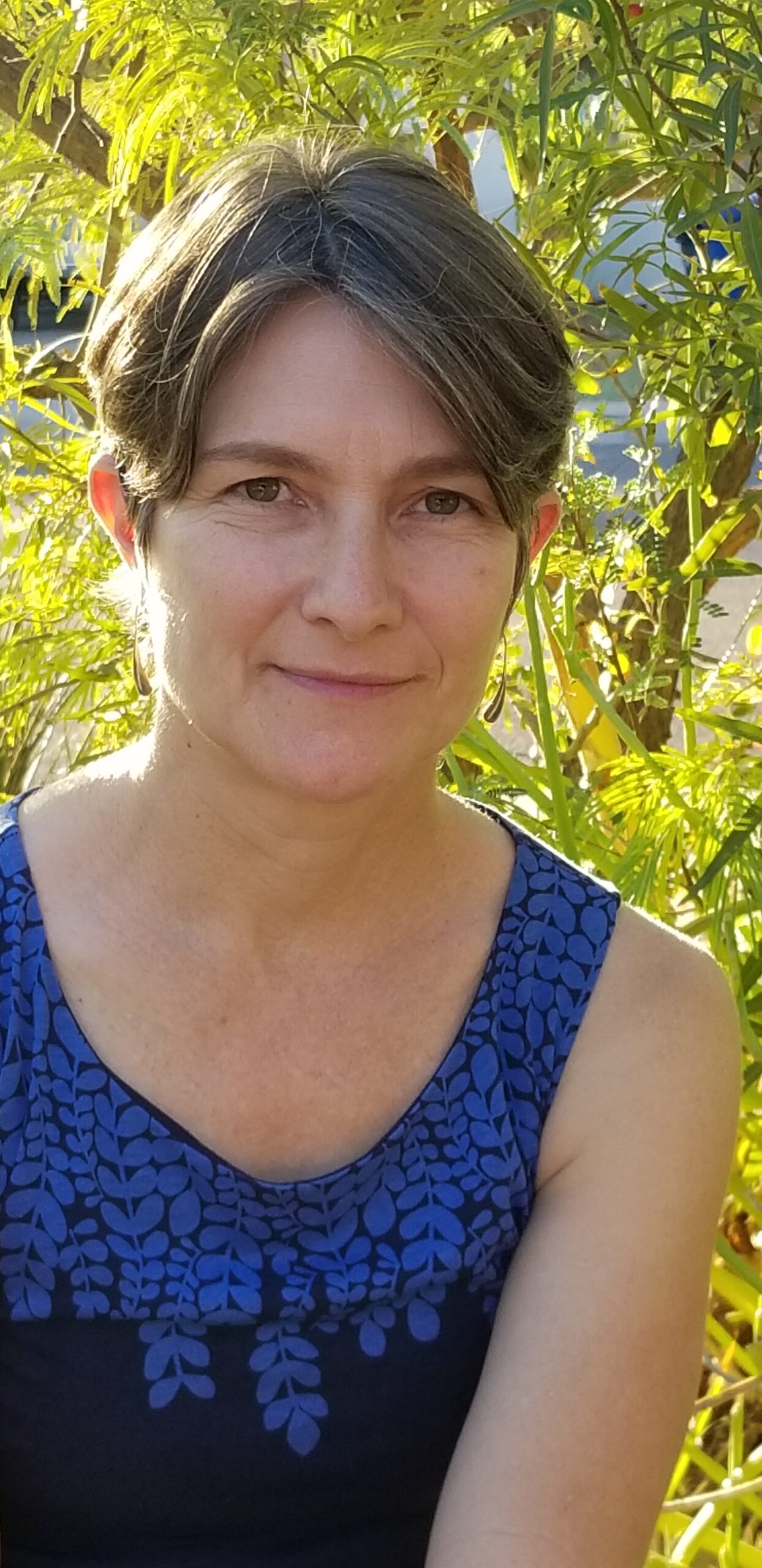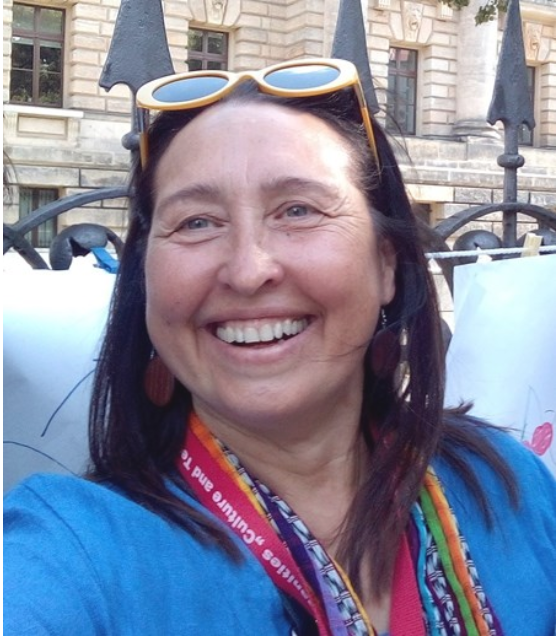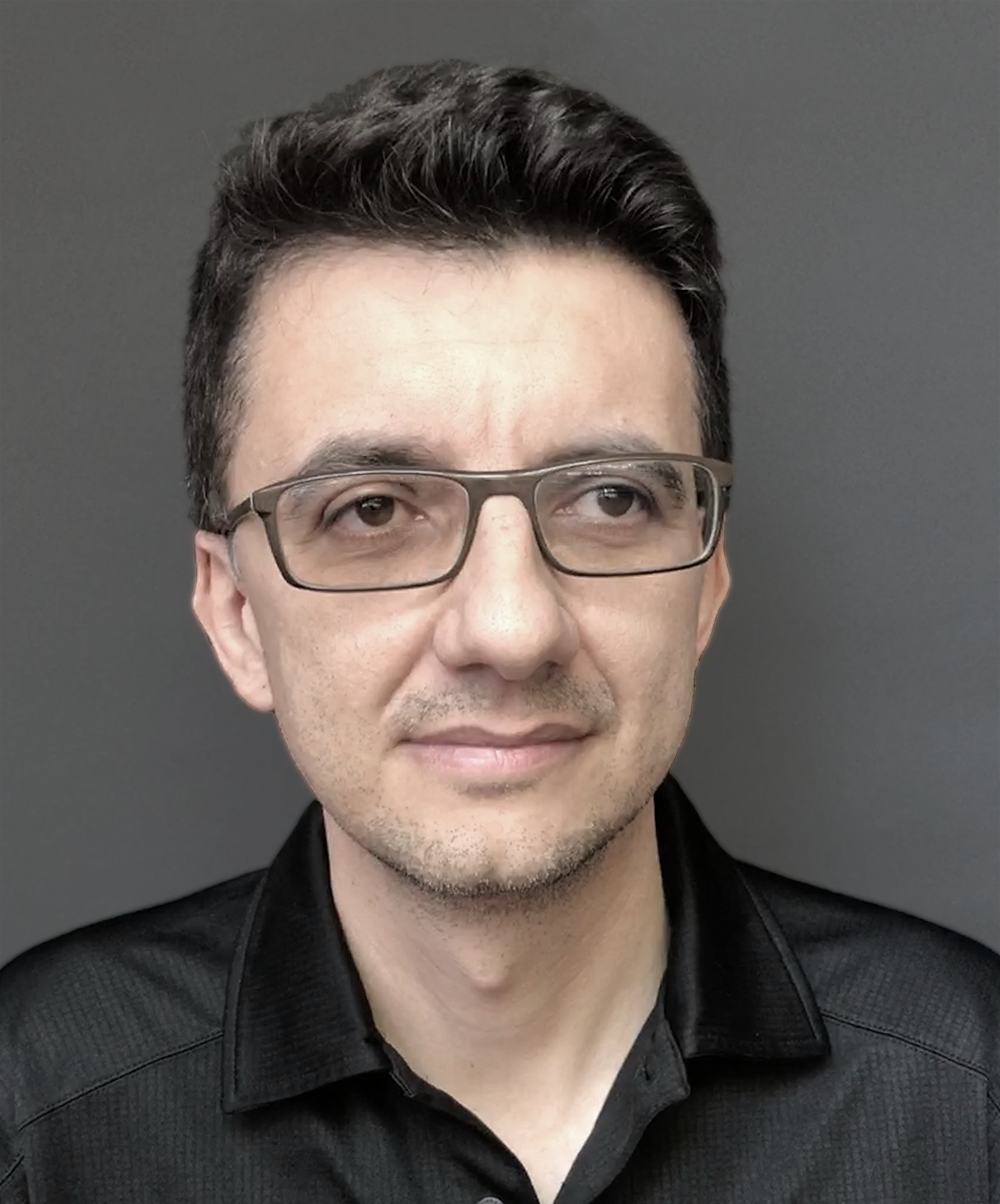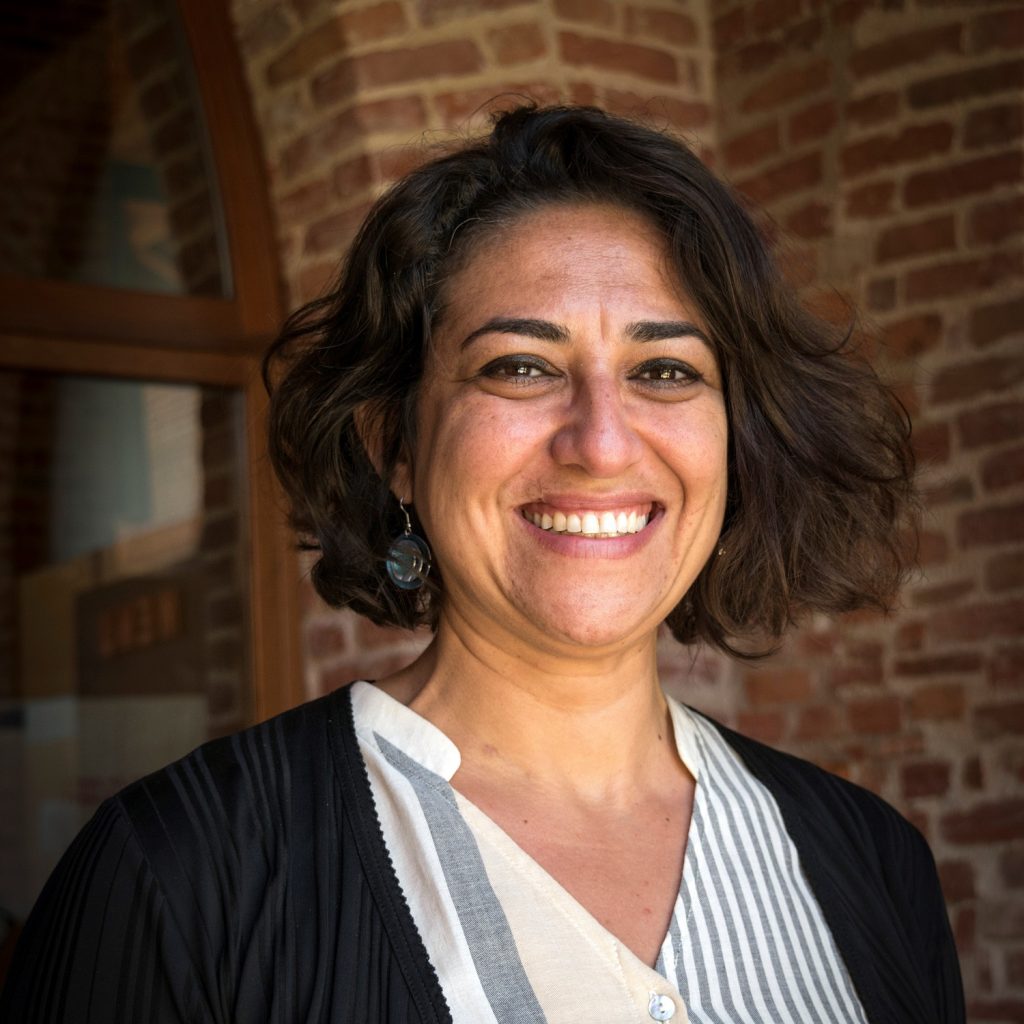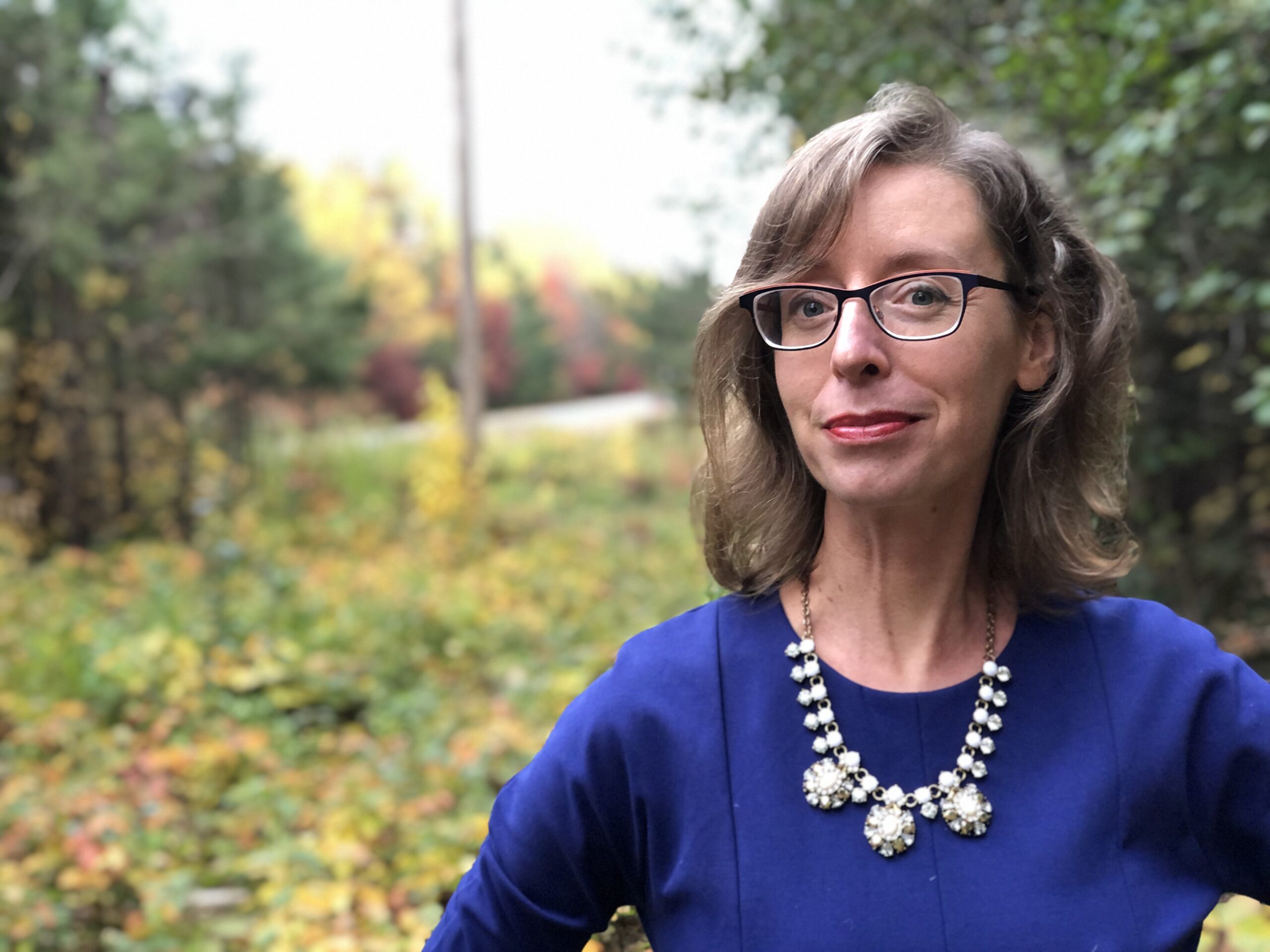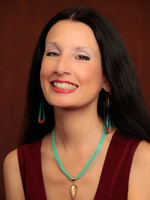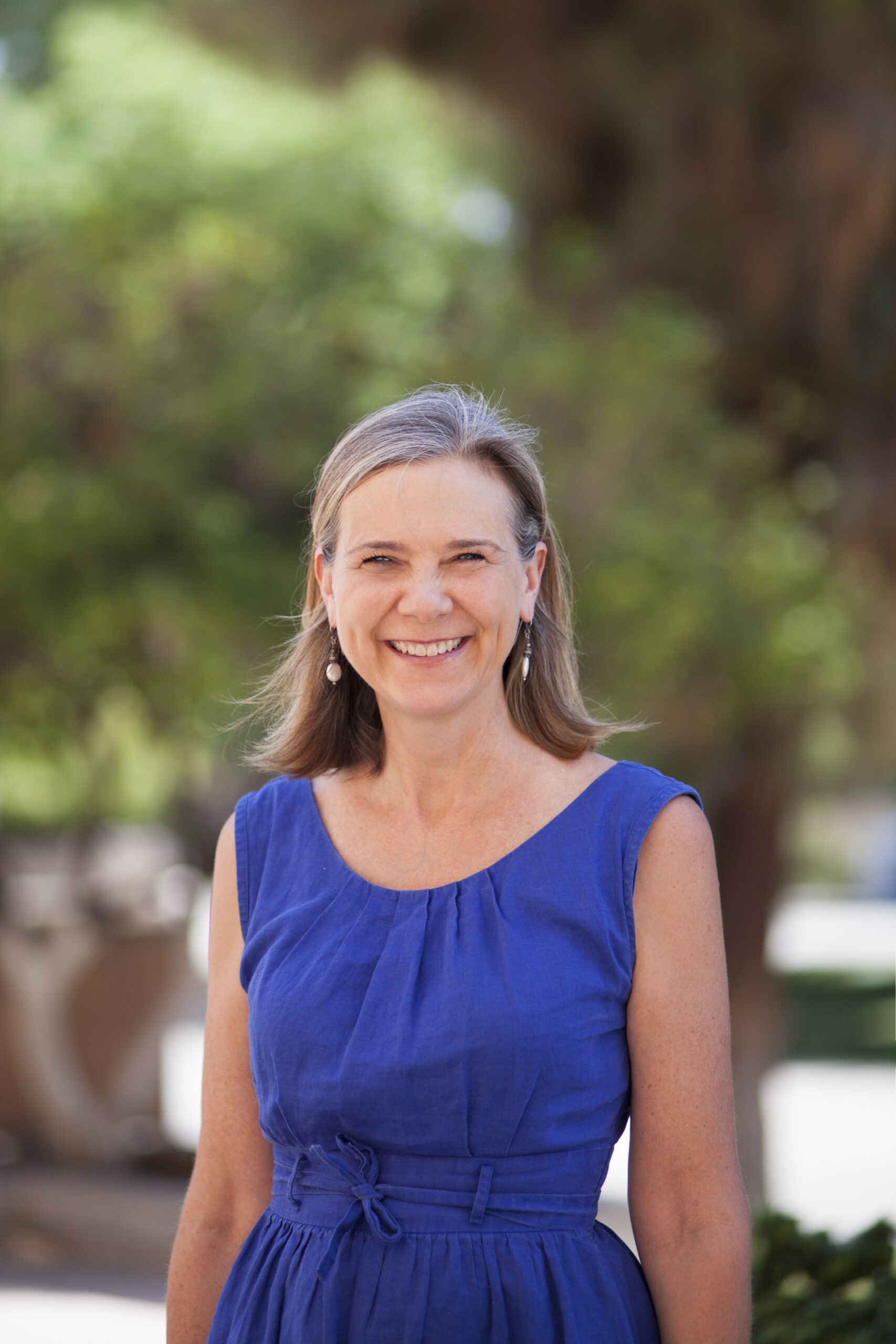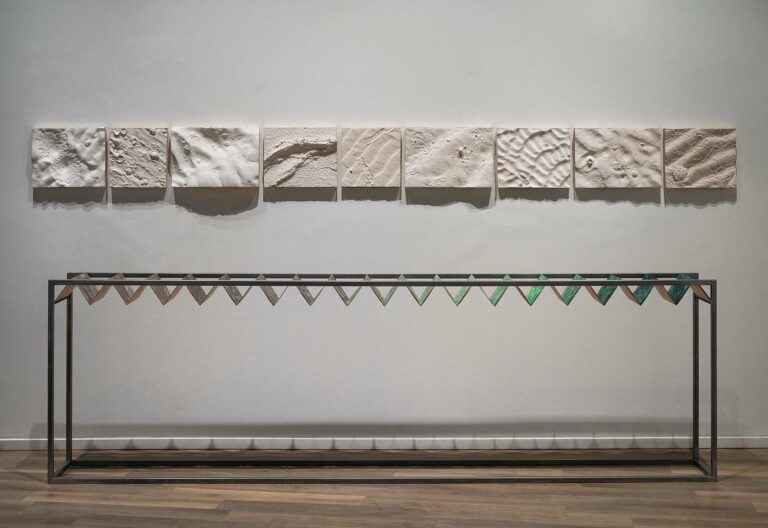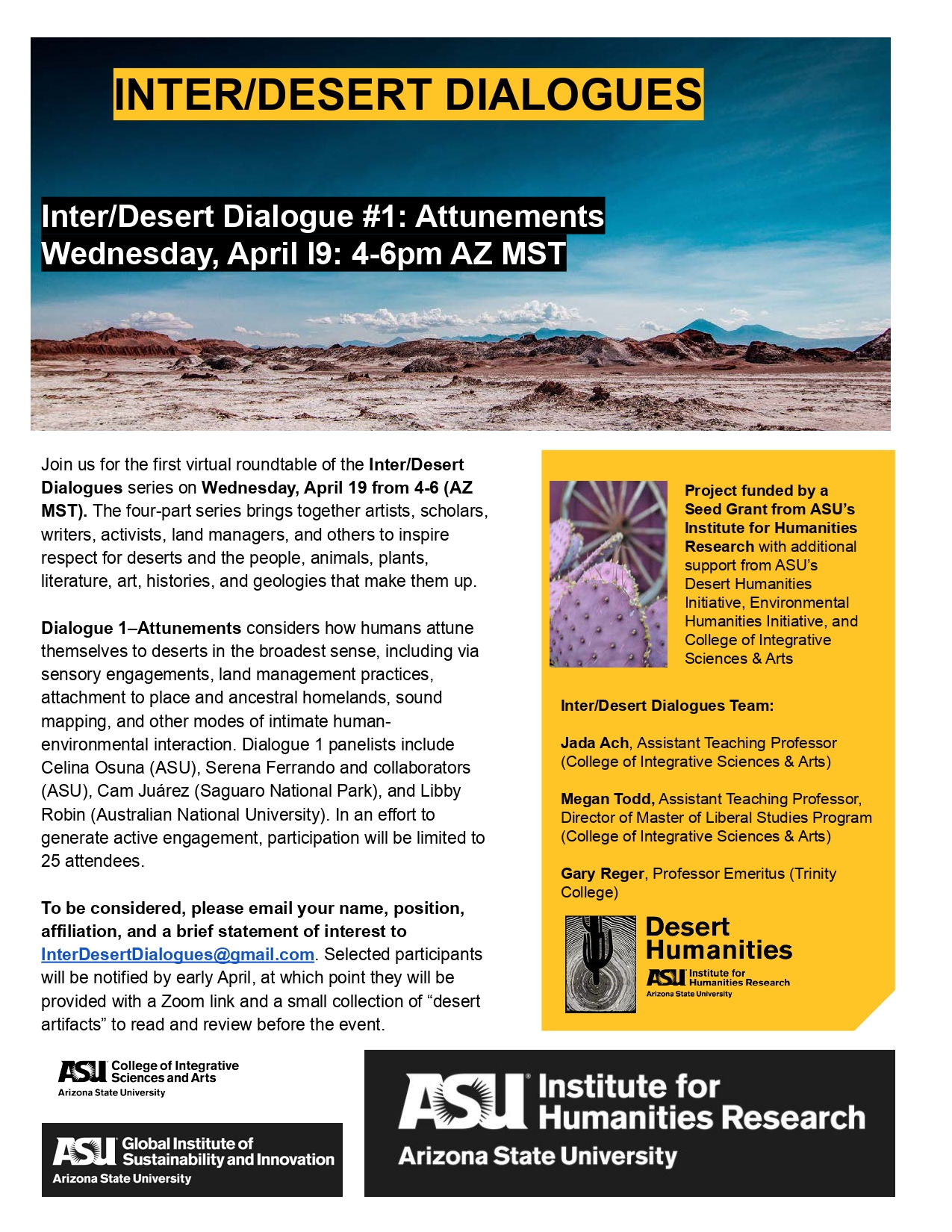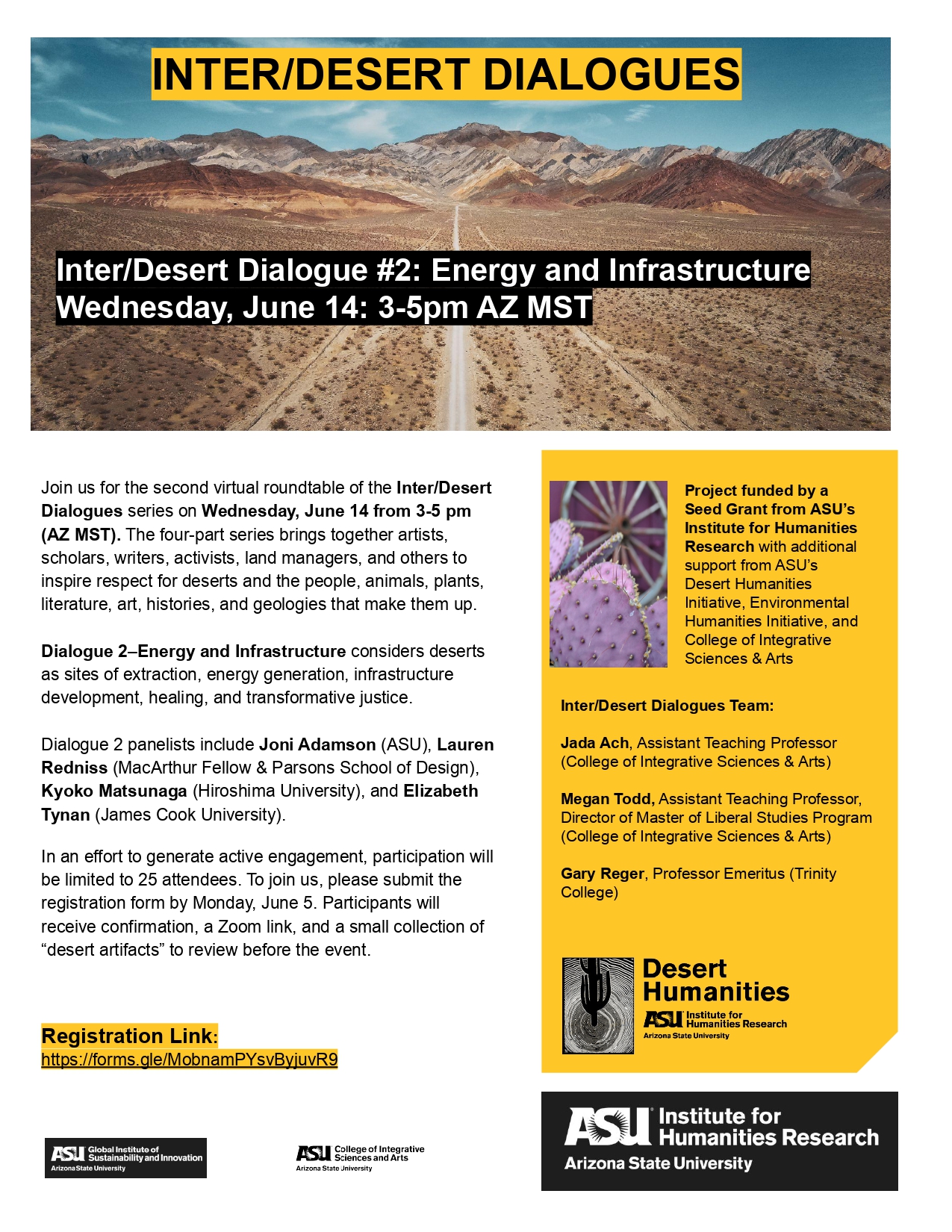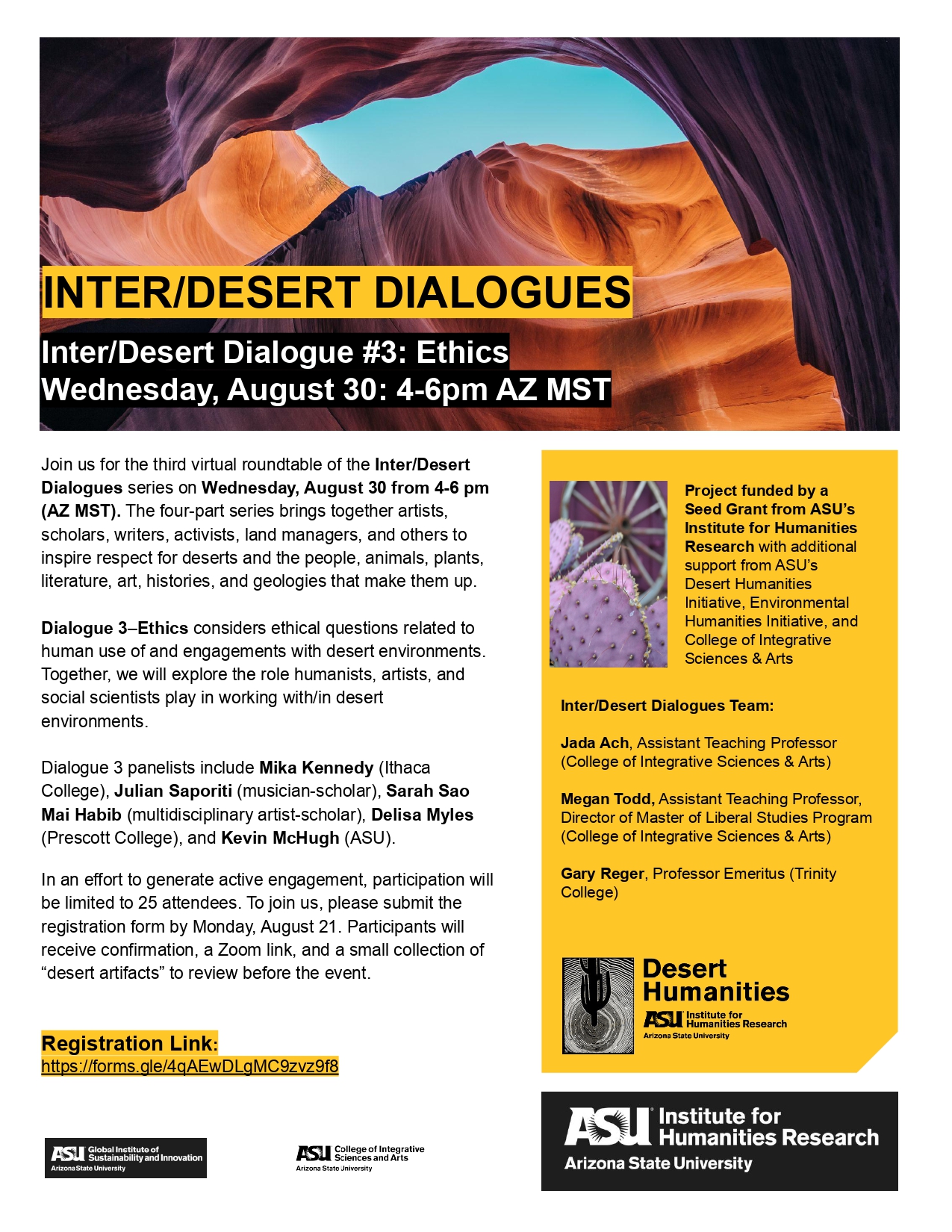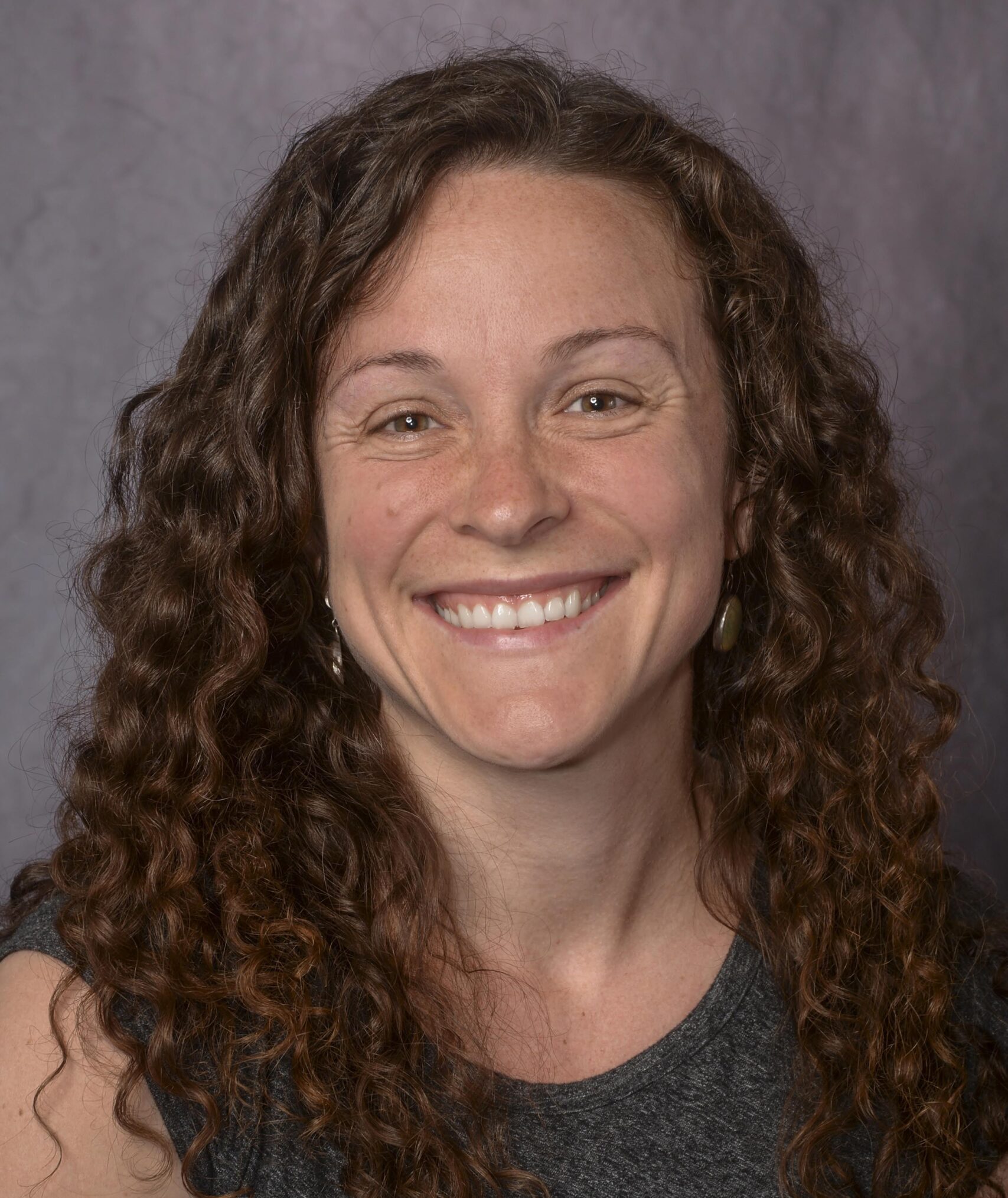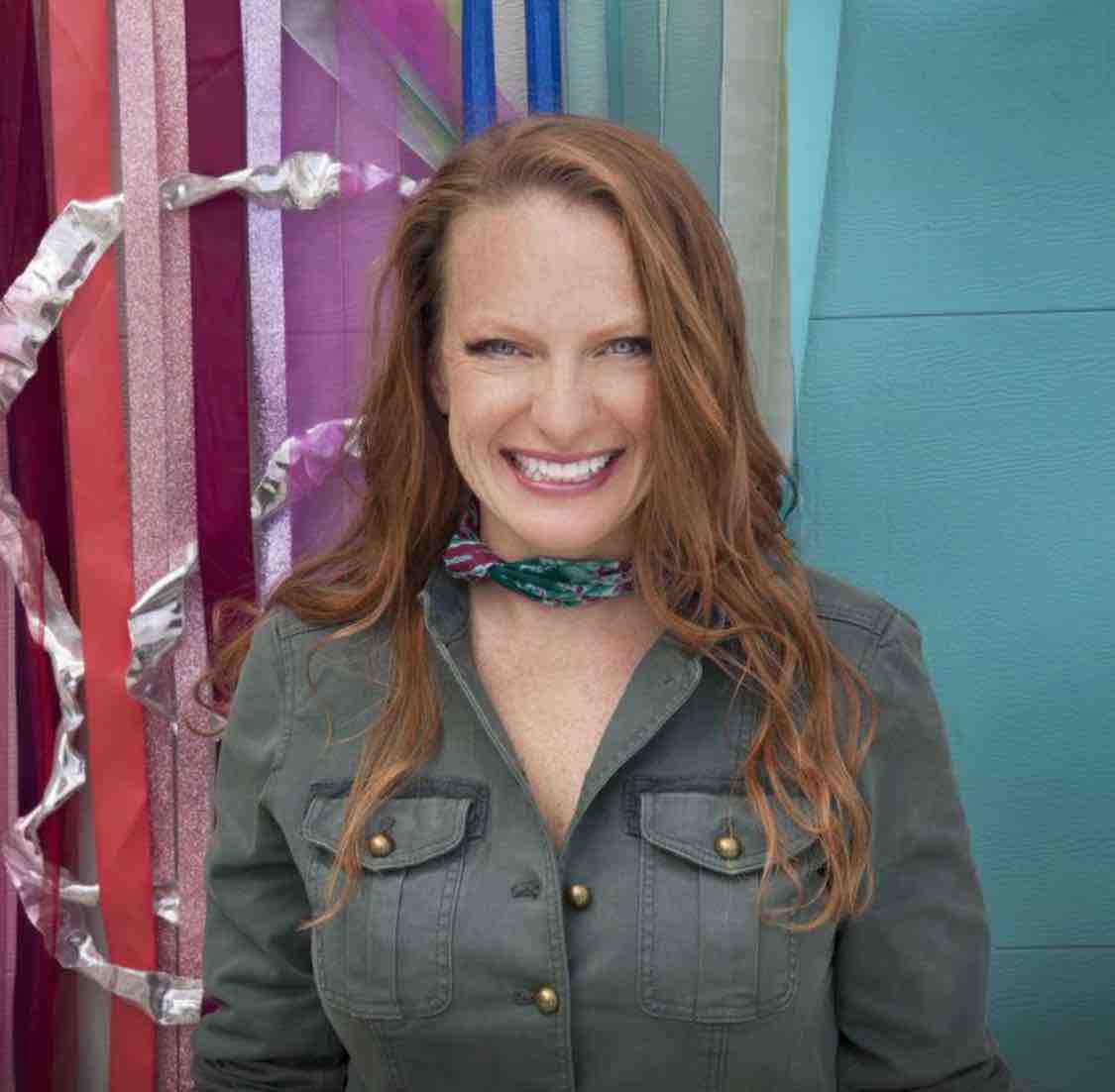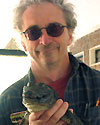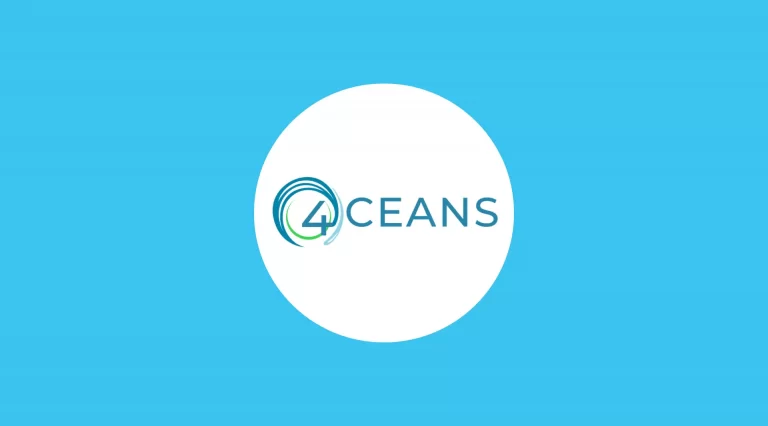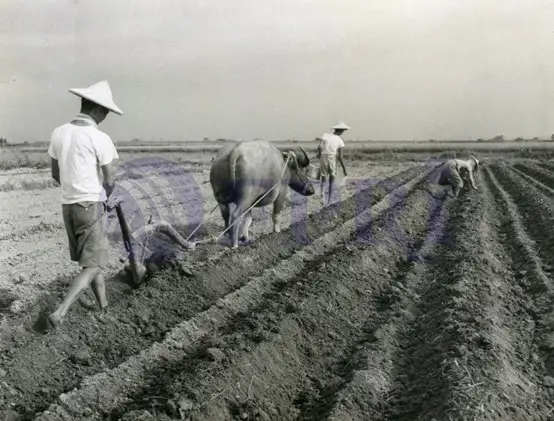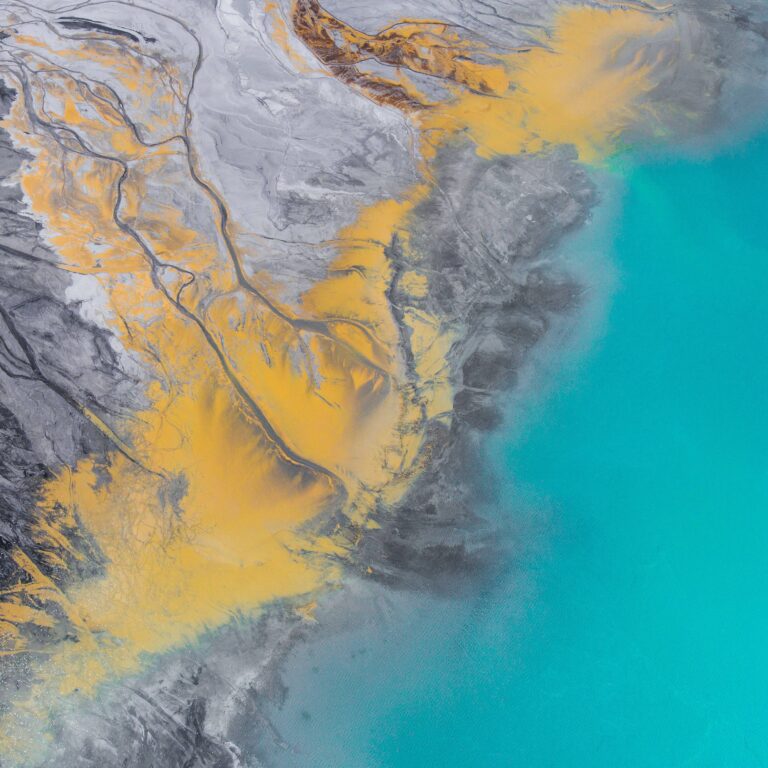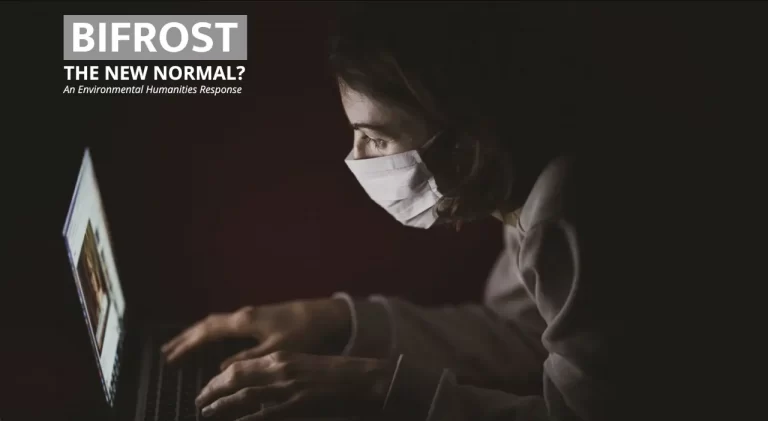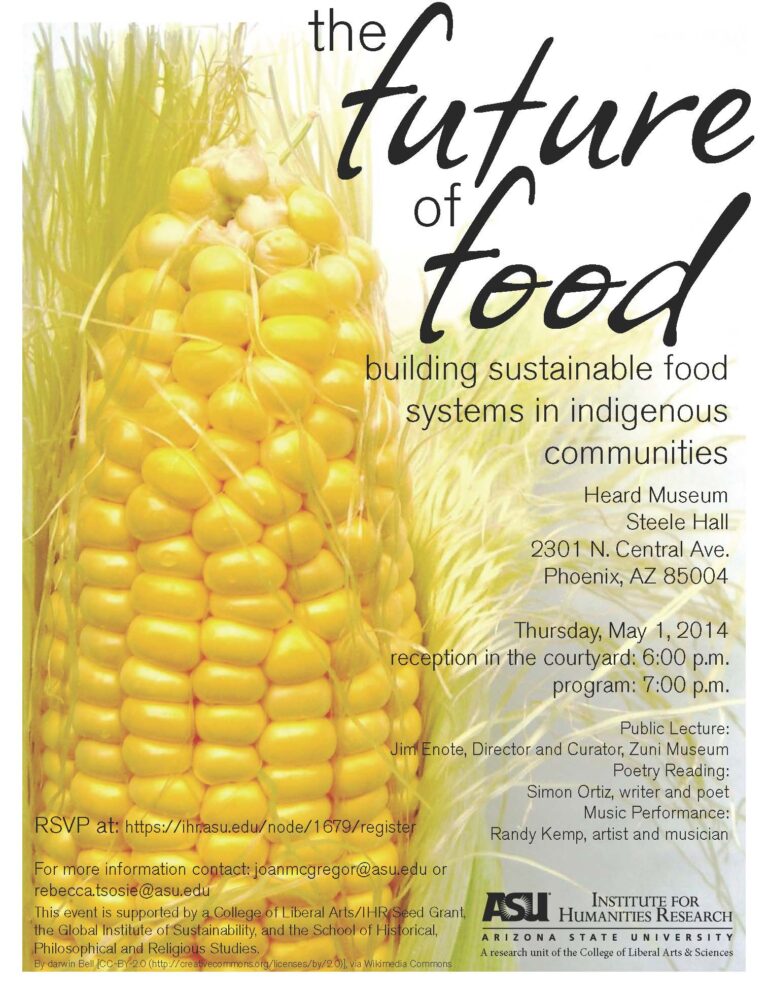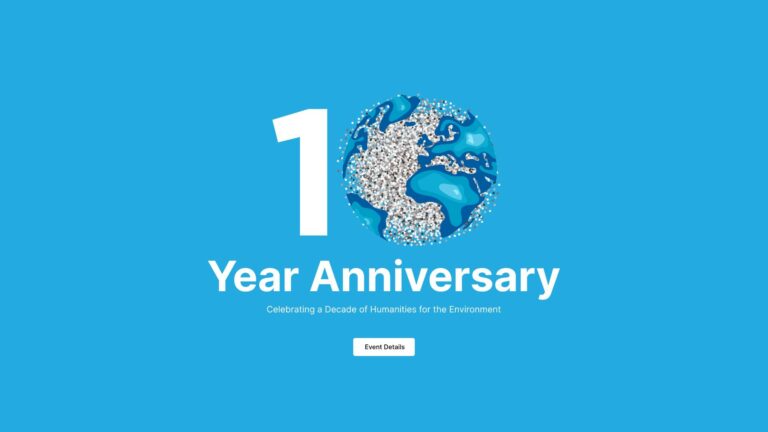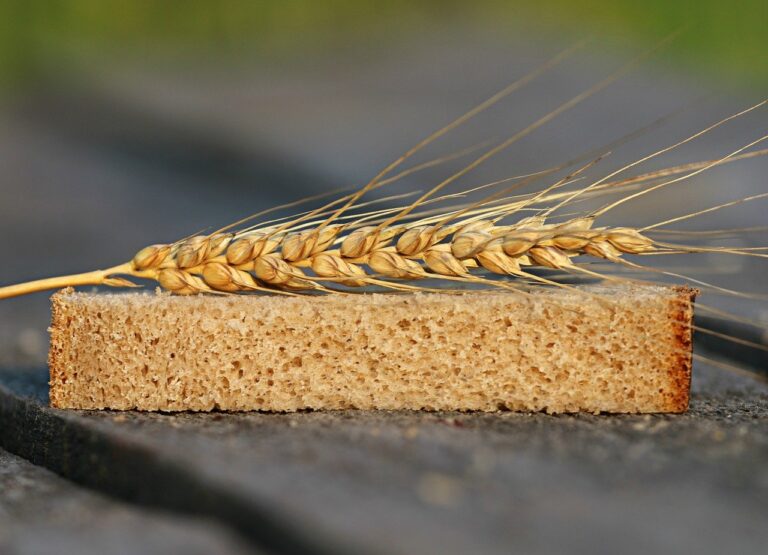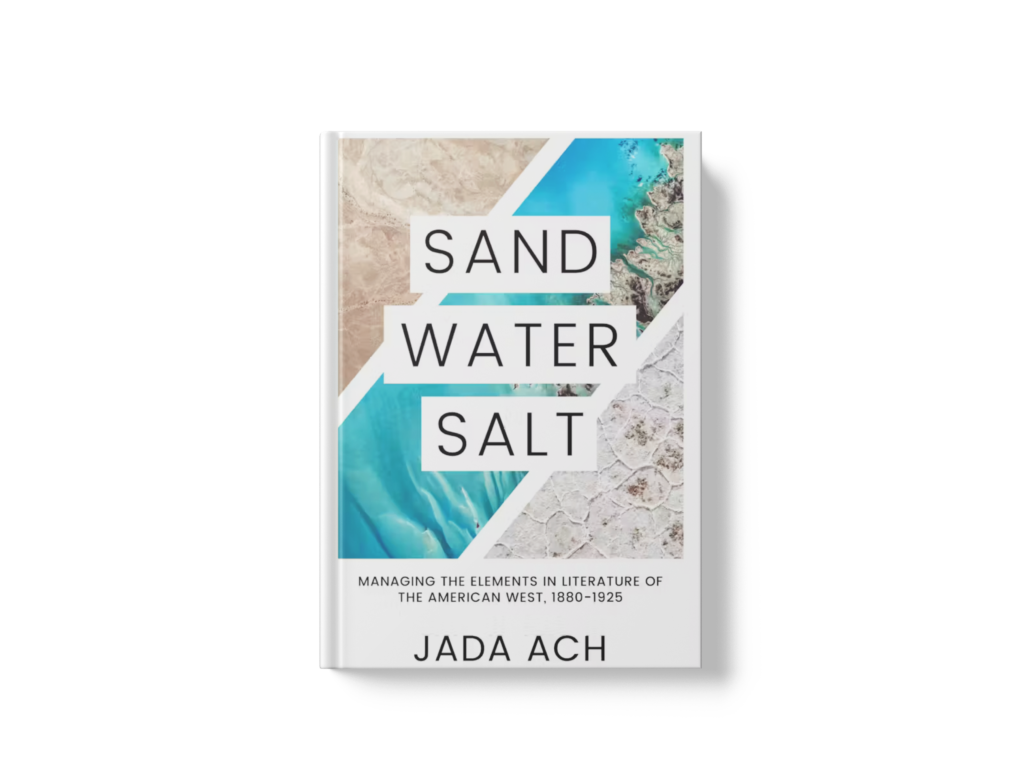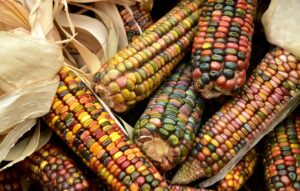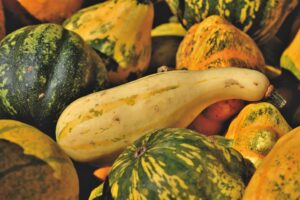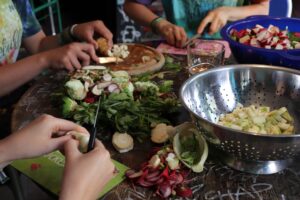Owain gained an MSc (Society and Space) and PhD in Cultural Geography at the world-leading Department of Geography, University of Bristol 1993-1997. Conducting post-doctoral research at Bristol, Exeter, the Open University and other institutions, in a series of RCUK funded projects, we has studied and written about many aspects of nature-society relations including; landscape, place and memory; the environmental crisis; children’s geographies; and transformative theories of pragmatism and non-representation. He has conducted research projects on water and society (floods, tides, coastal cultures); trees, place and landscape; and childhood, memory, nature and place. He led a £1.5 million Art and Humanities Research Council Connected Communities project which involves eight UK universities, and numerous community partners and artists in four case study areas across the UK. This project sought to creatively explore and transform connections within and between communities, and communities and nature, in relation to water issues. Owain was appointed as the first Professor of Environmental Humanities in the UK in 2014 at Bath Spa University, and was deputy director of the Research Centre for the Environmental Humanities 2016 – 2019. He has published/co-published over 90 scholarly articles and five books; Art and Creativity in an Era of Ecocide: Embodiment, performance, practice (2023), with Anna Pigott, and Ben Parry; Visual Culture in the Northern British Archipelago: Imagining Islands (2018), with Ysanne Holt and David-Martin-Jones; Participatory Research in More-than-Human Worlds (2017), with Michelle Bastian, Niamh Moore and Emma Roe; Geography and Memory: Identity, Place and Becoming, (2012), with Jo Garde-Hansen; Tree Cultures: The Place of Trees, and Trees in their Place (2002), with Paul Cloke. He has successfully supervised four Environmental Humanities PhDs with art practice.
Heather Green is an interdisciplinary visual artist, educator and Associate Professor of Book Arts and Printmaking at the Herberger Institute School of Art at Arizona State University. Her research examines more-than-human encounters in the intertidal and ecological narratives of abundance and loss on a small headland in the Gulf of California in Sonora, Mexico. Whether documenting the movements of the tide, interviewing fishermen, collaborating with scientists, or combing the shoreline—she aims to evoke a nuanced exactitude of place, attuning to its more subtle reaches through a practice of walking and mapping. Heather has shown her work regionally, nationally and internationally in Mexico, Spain and Uruguay, and is the recipient of the Community Foundation for Southern Arizona Visual Arts Award, the Arizona Commission on The Arts Artist Project Grant, and a Fulbright Scholar Award in Wales to work on Tidal Timespace in the Severn Estuary.
Gary Reger is Emeritus Professor of History and Emeritus Hobart Professor of Classical Languages at Trinity College in Hartford, Connecticut. His research has revolved around Hellenistic economic history, Greek epigraphy, and the study of human activity in deserts across time and space. His publications include Regionalism and Change in the Economy of Independent Delos, over 50 journal articles and book chapters, and four edited volumes, the most recent of which, Reading Aridity in Western American Literature (with Jada Ach) collects papers on the American desert Southwest. Two books are under contract: Writing the American Desert, essays on the American Southwest, and First There Is a Mountain, a long-term examination of the human geography of a mountain in southwestern Turkey. The award of a Fulbright Fellowship brought him to UWA and has made possible this symposium.
Megan Anne Todd, Program Lead for the Master of Liberal Studies program at Arizona State University, is a performance studies scholar and embodied movement practitioner, teaching across humanities, applied arts, organizational leadership, and project management. She earned her Ph.D. in Theatre/Performance of the Americas and M.S. in Exercise & Wellness (ASU). You can find her work published in the Journal of Pan African Studies, Theatre Journal, Journal of Bodywork and Movement Therapies and in the edited book, The Sonic World of Dance Film. Areas of scholarship include: arts and humanities as public practice, sustainability and health, as well as creativity and/as leadership. Her work centers collaborative, creative, and critical modes of inquiry and practice that generate pathways and possibilities toward a more just, equitable, and better world.
Jada Ach is an Assistant Teaching Professor at Arizona State University where she teaches in the Interdisciplinary Studies and Master of Liberal Studies programs. In 2019, Ach earned her Ph.D. in American Literature from the University of South Carolina, and her research often combines insights from literary studies, the desert humanities, and land management history. She is the author of Sand, Water, Salt: Managing the Elements in Literature of the American West, 1880-1925 (Texas Tech UP, 2021) and co-editor of Reading Aridity in Western American Literature (Lexington Books, 2020). Jada co-organizes the Inter/Desert Dialogues series at Arizona State University and is the Humanities Director for Science the Earth, an Arizona-based nonprofit organization that specializes in connecting community members with research scientists, interdisciplinary scholars, community leaders, and industry professionals.
Ilaria Tabusso-Marcyan received her Ph.D. at UC San Diego and is Assistant Teaching Professor at Arizona State University. Her research focuses on food and farming cultures from a comparative approach. She is interested in how grassroots movements related to food and farming are supporting and promoting resilient, sustainable, culturally and socially just systems. At Miami University (Ohio) she was acting-coordinator for The Institute for Food. She is the author of the monograph Landscapes of Resistance and Food Justice in Italy: New Organic Intellectuals (Lexington Books, forthcoming), co-editor of Contesting Extinctions. Decolonial and Regenerative Futures (Lexington Books 2021), and has published several articles on food and farming cultures.
Humanities for the Environment would like to recognize and congratulate Dr. Charles Travis, affiliate at the North American Observatory, for the publication of Historical Geography, GIScience and Textual Analysis: Landscapes of Time and Place, which he coedited alongside Francis Ludlow and Ferenc Gyuris.
Dr. Travis was interviewed by Fronteras, the Online Newsletter of The Center for Greater Southwestern Studies at UT Arlington, shortly after the book had been published in the Spring of 2020. This interview highlights the motivations and research that inspired Travis’ contributions to the book, as well as the role he believes humanities plays in the use of geographical information systems (GIS) and similar emerging technologies. The interview is a quick, but insightful read for those interested in any aspect of environmental humanities.
“The book…aims to provide a rapprochement between the narrative dimensions of historical investigation, and more positivistic approaches in the geosciences” (Dr. Charles Travis, in an interview with Fronteras, May 6, 2020).
The full interview can be found here:
A summary of, and purchasing options for, Historical Geography, GIScience and Textual Analysis: Landscapes of Time and Place can be found here:
Historical Geography, GIScience and Textual Analysis | SpringerLink
Hallie Eakin is a professor in the School of Sustainability and affiliated professor in the School of Urban Planning and Geographical Sciences. Her research focuses on social, institutional and political relations that shape human vulnerability to intersecting stressors, including climate extremes and climate change, and how transdisciplinary research can support efforts towards just and sustainable social-environmental transformation. Professor Eakin’s work has been largely based in Mexico and Latin America, addressing vulnerability and transformation in relation to farming, rural livelihoods, food systems, water scarcity and urban resilience. With colleagues at the STEPS Centre, University of Sussex, UK, and the Universidad Nacional Autónoma de Mexico,she has explored the potential for “Transformation Laboratories” to foster spaces for creative approaches to persistent sustainability challenges
Alycia de Mesa is a mixed race American of Apache and Indigenous of Chihuahua, Coahuila, and Durango, Mexico, Japanese, and British-German descent. She is a Senior Sustainability Scholar with ASU Global Institute of Sustainability & Innovation and a faculty instructor for the School of Sustainability teaching undergraduates in core sustainability topics and graduate students in sustainability leadership. Before teaching at ASU, she spent over 20 years in brand, marketing, storytelling and communications for start-ups, non-profits, and Fortune 500 companies and authored two brand books for business audiences through McGraw-Hill (New York) and Palgrave Macmillan (London). She is currently pursuing her doctoral degree in Human and Social Dimensions in Science and Technology at ASU School for the Future of Innovation in Society. Her research interests include Indigenous and people of color futures and emerging technologies effects on POC communities.
Juliann Vitullo is an Associate Professor of Italian studies, a Senior Sustainability Scholar, and Co-director of the Humanities Lab at Arizona State University. She has written on various aspects of medieval, early modern, and contemporary Italian culture with emphasis on the relationship between textual traditions and the material world, including economics, gender, and food studies. She currently is researching the history of the translocal traditions collectively defined as varieties of the Mediterranean diet and the different ways in which they have been translated and branded. Her community-based research and teaching emphasize the importance of preserving the cultural and ecological knowledge of indigenous foodways, including those in the Southwest where she lives and teaches, for a more equitable and sustainable future.
Lisa Yin Han is a critical media scholar and Assistant Professor of Film and Media Studies in the Department of English at Arizona State University. Her research examines media infrastructures, scientific knowledge cultures, and the socio-technological histories of mediation in aquatic environments like the deep ocean.
Beth Roach is a tribal leader, a farmer and surfer, a teacher and historian, an entrepreneur, fundraiser and environmental activist. For over a decade, she has served on the Tribal Council of the Nottoway Indian Tribe of Virginia and led environmental initiatives. In 2018, she co-founded the Alliance of Native Seedkeepers, an emerging benefit corporation, to protect endangered Indigenous seeds and waterways. From 2018-2020, Beth chaired the inaugural Virginia Council on Environmental Justice; in 2020, Beth launched a tribal coastal resilience initiative with a team of scientists, policy makers, and tribal communities to implement climate adaptation strategies within the shared waters of Virginia and North Carolina. As a public fellow for UVA’s Coastal Futures Conservatory, she is capturing water stories from indigenous perspectives to assist in climate resiliency planning.
For the Sierra Club, Beth is a fundraiser and program lead for the Women’s Earth Alliance and Sierra Club’s US Grassroots Accelerator. Her past work includes chief ranger of interpretation for Virginia State Parks, grants manager for the James River Association and climate justice organizer for Mothers Out Front. Beth earned her bachelor’s degree in public history from James Madison University. She lives along the inner banks of the Albemarle Sound with her partner, cat, and many wildlife critters.
We’ve all seen, and in many cases become used to, the novel behaviors driven by the coronavirus for the sake of safety and survival communities around the world. Signs in grocery stores limiting the amount of toilet paper one can buy, reliance on delivery services like Grubhub and Doordash, and general worry about being financially able to afford food are just some of the new considerations people, who may not have thought about these things before, now think about on a regular basis. However, these novel concerns are usually reported on from the perspectives of privilege. Suburban-living folks in the United States, for example, often have access to a multitude of different grocery stores, while people located in both rural and highly impoverished urban areas may not even be within driving distance of one. The pandemic has called attention to many issues that were less commonly discussed in the past which can be tied back to food, simply because everyone has to eat.
Since early September, a reading group at Arizona State University has been discussing food-related issues exposed due to the coronavirus. The group emerges from a 2013-2015 project, funded by the Andrew W. Mellon Foundation called Dinner 2040 that focuses on designing the future of the world’s food systems, with a particular focus on arid lands food systems, such as that of the Phoenix River Valley. The organizers of the 2020-2021 reading group are Joni Adamson, Joan McGregor and Melissa Nelson. The group was sponsored by the Institute for Humanities Research at ASU. ASU Students, fellow professors, artists and community members, some from other states, joined the group through the technology of Zoom which has become so prominent because of the pandemic. All were present and eager to discuss the topics of food, the environment, the humanities, and the present state of the pandemic.
Each member of the reading group sat in their own little digital Zoom square, some with a fun background that related to the environment, like a beautiful desert landscape, or a cornfield. All were convened to focus on the work of Dr. Elizabeth Hoover, a world renowned food sovereignty scholar and indigenous activist who had been scheduled as a distinguished lecturer at ASU earlier in March that had been cancelled due to the pandemic. Hoover’s lecture, rescheduled for October in Zoom, was titled “From Garden Warriors to Gastrodiplomacy: Farmers, Chefs and Water Protectors Working toward Food Sovereignty.” To prepare group members read articles and chapters from Hoover’s books, among other readings. Sponsors for the distinguished lecture included The Institute for Humanities Research’s Environmental Humanities Initiative, The Global Futures Laboratory, The Human Sciences Collaboratory, American Indian Studies, The Global Institute of Sustainability, The Swette Center for Sustainable Food Systems and the School for the Future of Innovation in Society.
All readings focused on food sovereignty, defined in Hoover’s article “You Can’t Say You’re Sovereign if You Can’t Feed Yourself”: Defining and Enacting Food Sovereignty in American Indian Community Gardening (American Indian Culture and Research Journal, 41.3, pps, 31-70) as “(1) the importance of putting food producers and consumers, rather than corporations, at the heart of food systems policies; (2) the need to include the next generation in food production, as well as empowering food producers and artisans; (3) the importance of environmental, social, and economic sustainability; and (4) the need for transparent trade,, or a peoples’ right to sustainably-produced and culturally-significant food.” (Hoover) The research group compared this concept with the idea of food security, which encompasses the right to food in regards to peoples’ simple caloric requirements, but “ does not specify how, where, and by whom the food that all people should have access to is produced, contributing to a focus on food-related policies that seek to maximize food production while giving inadequate attention to who will benefit from where and how that food is produced.” (Hoover) The idea that such issues exist commonly within Indigenous communities was heavily emphasized throughout the group meetings, and continuously discussed both in readings by Hoover as well as by Indigenous members of the reading group with their own experiences and stories told to them by community members.
Food justice, as Hoover would later emphasize in her lecture, has been a concern of Indigenous peoples since the earliest stages of imperialism-driven displacement over 500 years ago in North America, which forced Indigenous people to adopt new foods and cooking methods without the cultural significance of previous traditional foods. In addition to being culturally insignificant, these new foods introduced high-calorie foods that Indigenous people had not encountered before, making present-day communities more prone to diabetes. Ignorance and intolerance continues to prevail towards Indigenous communities, through lack of access to culturally-significant and reasonably-priced healthy food on countless reservations. The system fails to value things that are critical for people and the planet.
In the presentation of her distinguished lecture, Dr. Hoover went into further detail regarding access to food for indigenous communities, highlighting the positive effects food sovereignty could have for these communities, such as lowering diabetes rates among vulnerable indigenous communities. She focused on the importance of food and seed systems within indigenous communities, which face challenges both previously and currently, such as heavily Westernized methods of agriculture, climate change, and lack of knowledge. Each of these issues, along with many more she listed, disproportionately affect Indigenous communities.
Though such challenges exist, Hoover also described the experiences and referenced the work of many Indigenous farmers, chefs, and food activists who have been impacting and leading the food sovereignty movement. She cited Mohawk community leaders who define and advocate for food sovereignty, seed rematriation (link) movements that bring indigenous seeds back to their people, and Indigenous chefs who not only cook and serve their traditional foods, but also include lessons and lectures about indigenous food and the important food sovereignty in the dining experience. These successful and positive movements work to empower Indigenous communities and raise awareness within non-Indigenous communities.
In the subsequent Q&A Dr. Hoover went into specifics about how the food sovereignty movement can continue with more, and even beyond, indigenous communities. Ideas such as traveling food labs and seed sharing banks were discussed in the context of the pandemic state, as well as applied to a future where COVID is hopefully under control. Hoover had already participated in countless movements directly involved with Indigenous communities and resource accessibility, such as the Standing Rock protests, and therefore had a firsthand account of what such action had the potential to accomplish. However, it was understood by the end of the lecture that the work is far from over, and in order to continue making a difference an important step we can take in the present is increasing the visibility of such movements.
Food is a necessity of life, and the Coronavirus has exposed how inflexibility and negligence within the government, and what it provides in terms of caloric nourishment, can lead to food crises. While the extremity of these crises may not seem apparent from the surface, lack of attention to food can lead to quantity-based agriculture techniques that harm the environment, unfairly unhealthy living conditions, and a loss of tradition, cultural identity, and sense of place under normal circumstances. The pandemic’s effect on food heightens and interconnects all three of these social justice, environmentalism, and food security related issues. Action through education can bring about the tangible change needed, and is certainly attainable through discussions as held by the ASU reading group, lectures as given by Dr. Elizabeth Hoover, and research as presented in the Dinner 2040 initiative. This understanding of food is needed in academic, community, and national levels, and though the issues may not personally apply to everyone, it will take the work of many to attain a better future.
